Back
Anonymous
Hey I am on Medial • 1y
4. Contingency Planning & Flexibility: Musk’s companies are known for adapting quickly to failures. For example, after multiple failed rocket launches, SpaceX restructured its approach without losing sight of its broader mission. 5. Leveraging Government Contracts & Incentives: Musk strategically taps into government contracts and subsidies to support growth. SpaceX has secured billions in NASA contracts, and Tesla benefited from tax incentives for electric vehicles, which helped it stay financially viable during early years. 6. Disruption from Within: Musk constantly pushes his teams to disrupt their own technologies. For example, Tesla continually improves its batteries and vehicle designs, even while one model is in production, so newer, more efficient versions are constantly in development. 7. Customer Involvement in Product Development: Musk engages customers directly in product development, often incorporating user feedback into Tesla's software updates or new features, fostering a deep connection between the brand and its user base. 8. Long-Term Financial Strategy: Musk’s focus is often on long-term profitability rather than short-term gains. He is willing to take financial losses in the early stages of product development (e.g., Tesla's early years) if it means gaining significant market share and future returns. 9. PR and Crisis Management: Musk is adept at turning crises into opportunities. For example, after a negative media event or production delay, Musk often provides transparent, forward-looking communication, easing investor and customer concerns while keeping focus on the company's broader vision. 10. Open Innovation: Musk actively encourages innovation not just within his companies but across industries, sharing Tesla patents and inviting others to innovate on top of his work to drive entire sectors forward (e.g., electric vehicle market).
More like this
Recommendations from Medial
ASWIN ANAND
Hey I am on Medial • 1y
Tesla, Inc. was founded by Martin Eberhard and Marc Tarpenning in 2003. Although Elon Musk is often closely associated with Tesla, he joined the company later in 2004 as an investor and chairman of the board. Musk played a significant role in shaping
See More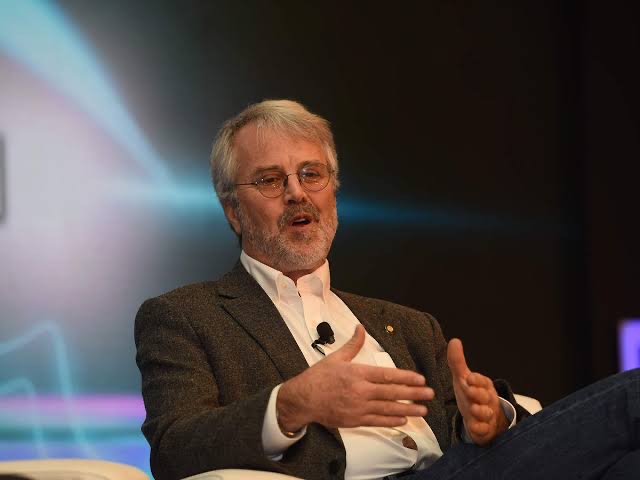

Jaswanth Jegan
Founder-Hexpertify.c... • 1y
Elon Musk wins Tesla shareholder approval for $56 billion pay package. The approval underscores the support that Musk enjoys from Tesla's retail investor base. The proposal passed despite opposition from some large institutional investors and proxy
See More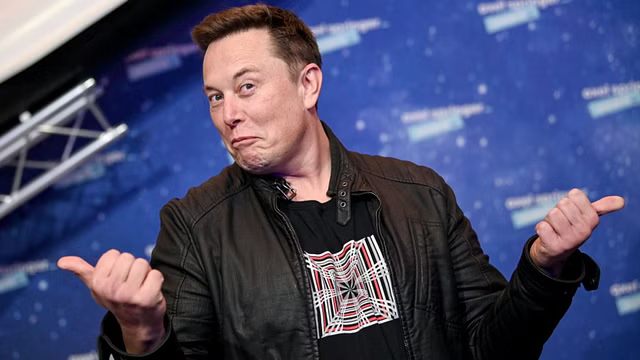
Only Buziness
Everything about Mar... • 1y
The Consumer Adoption Process The consumer adoption process involves five key stages: Awareness, Interest, Evaluation, Trial, and Adoption. 1. Awareness: Consumers first learn about the product. Example: Tesla created awareness for its EVs through
See More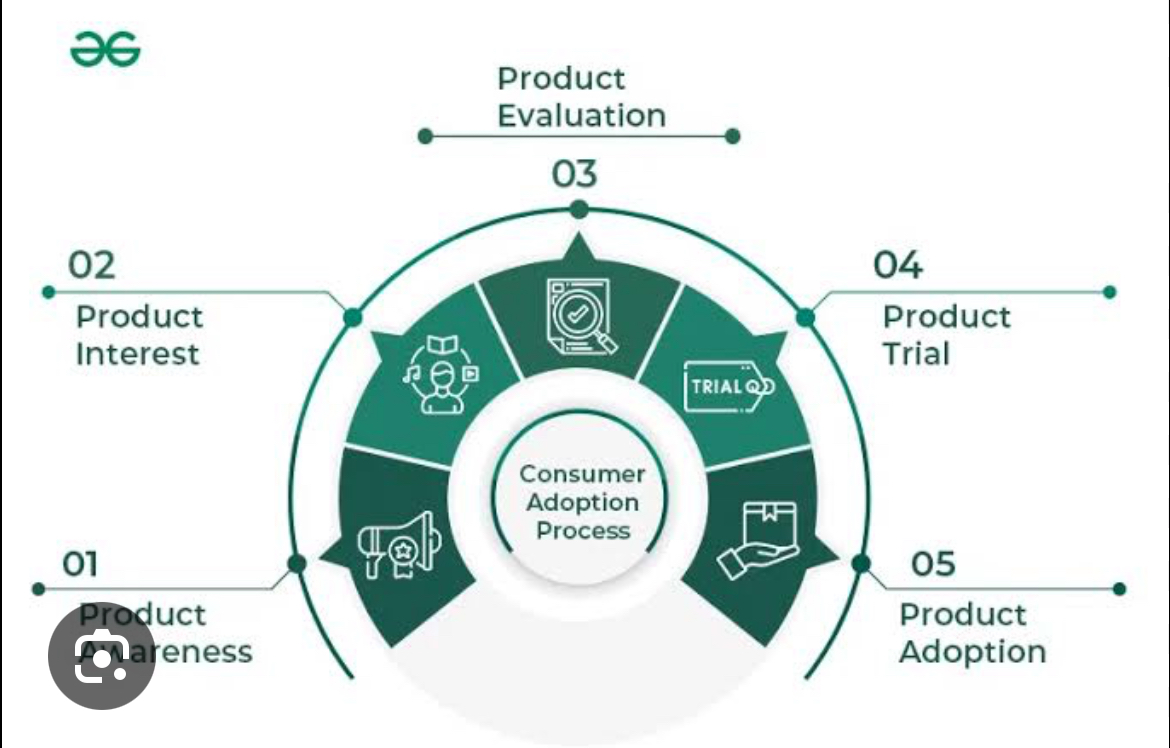
Download the medial app to read full posts, comements and news.



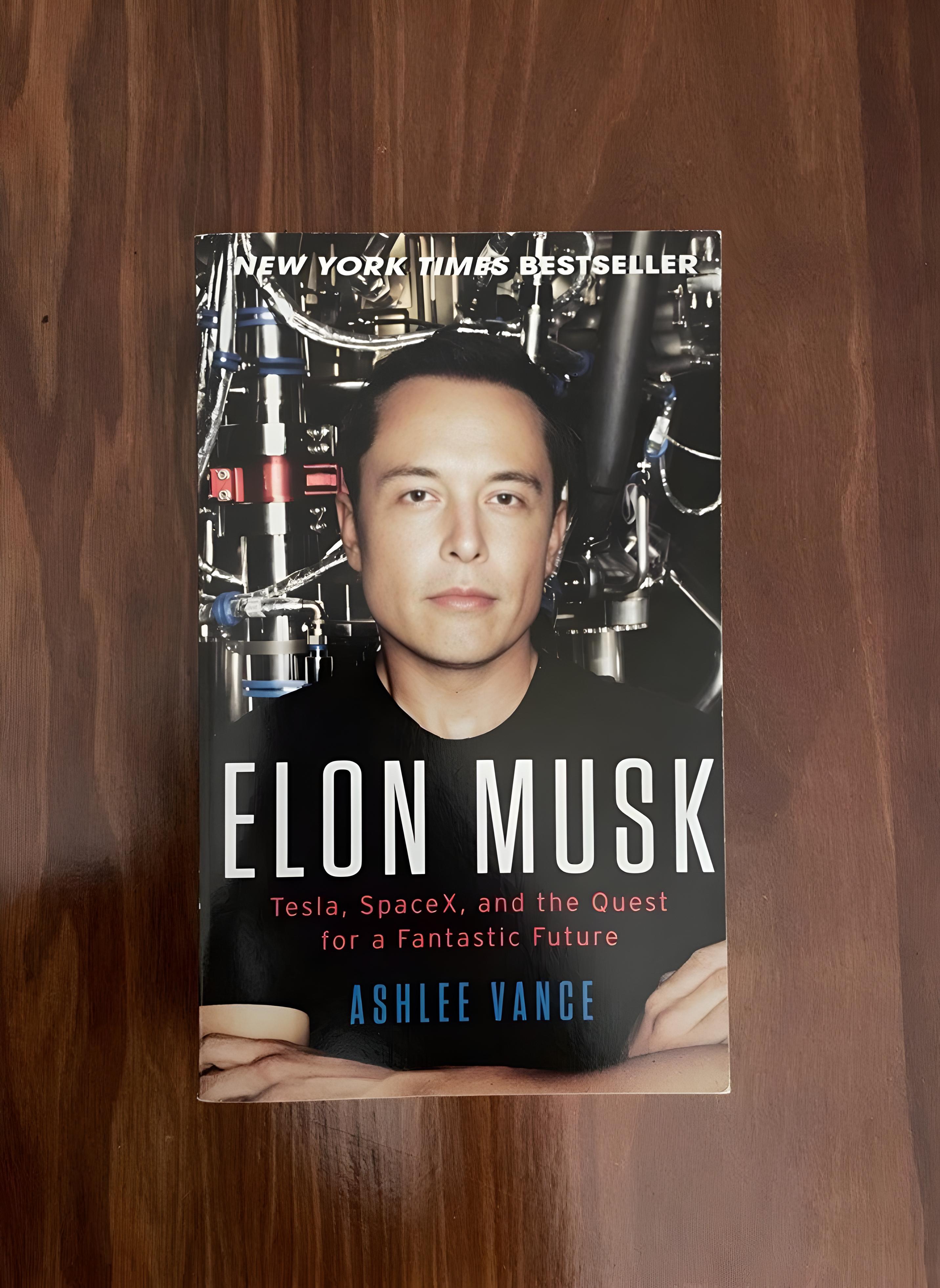

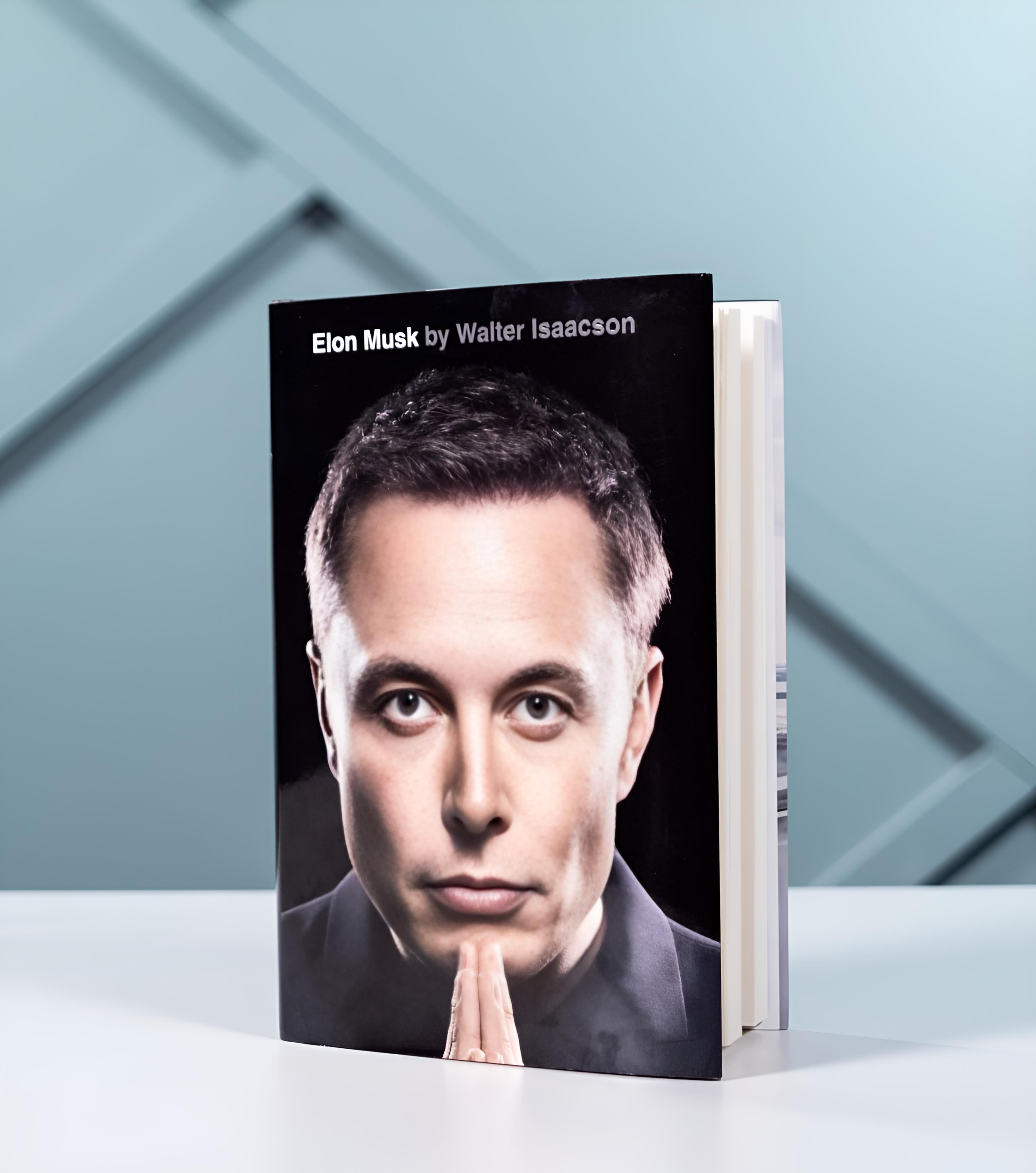




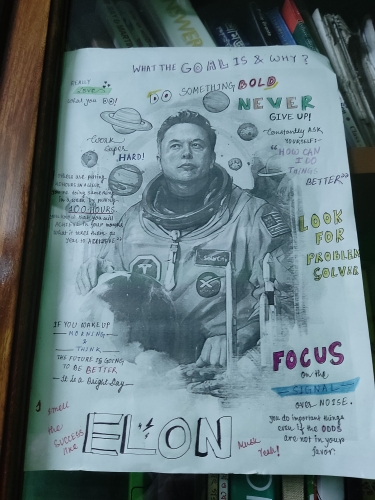






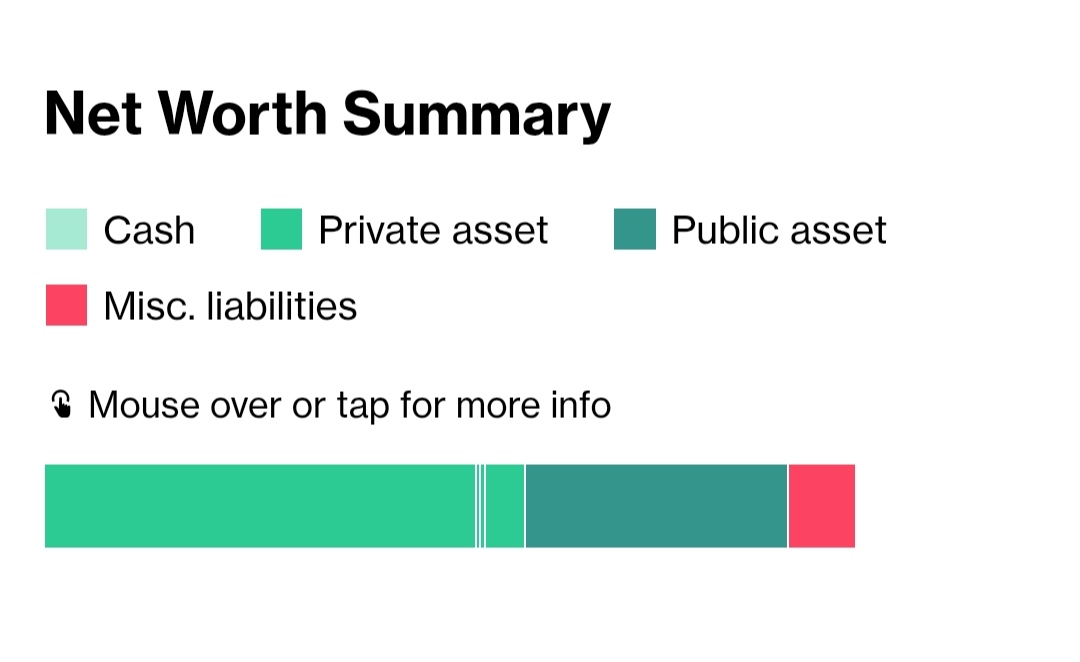
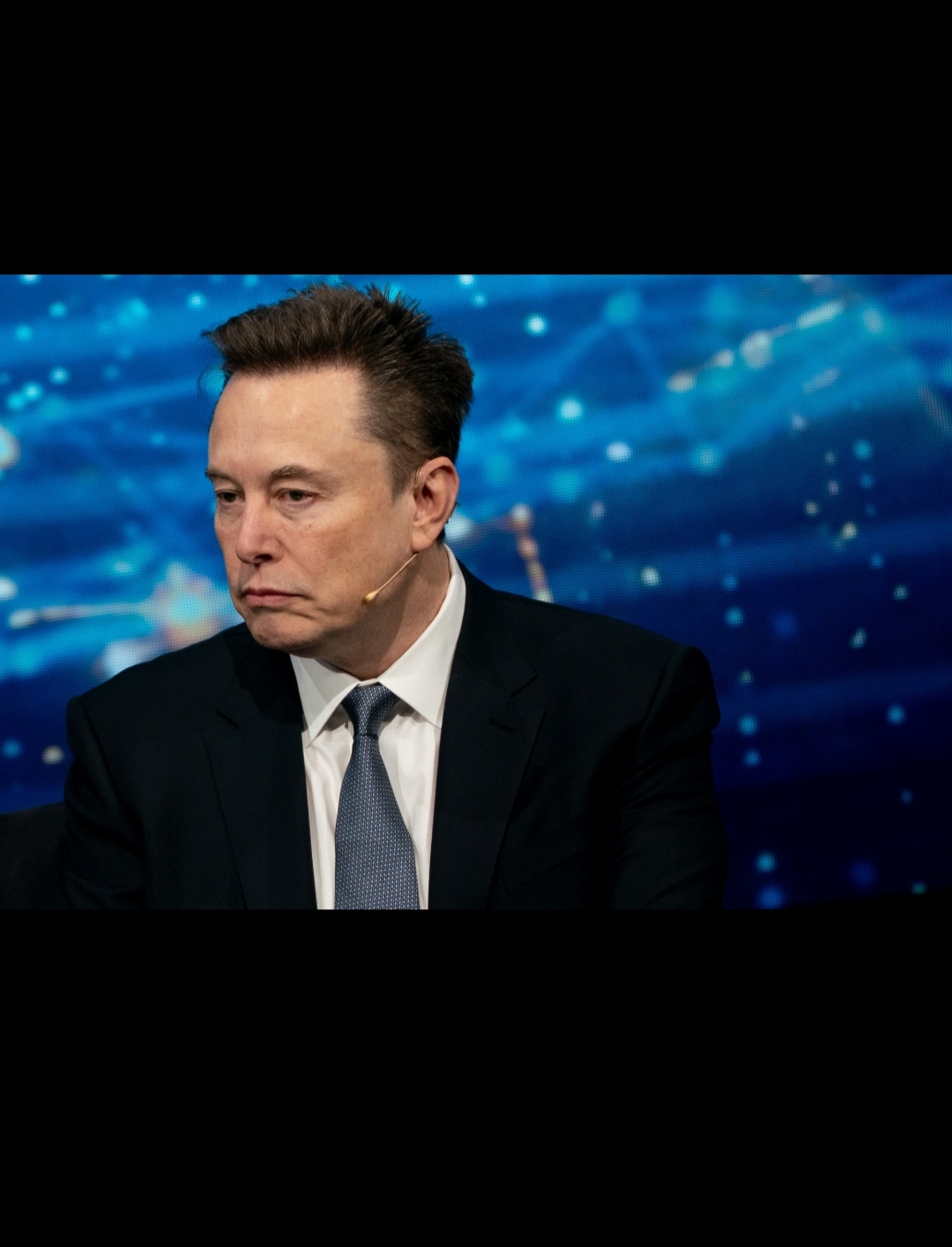


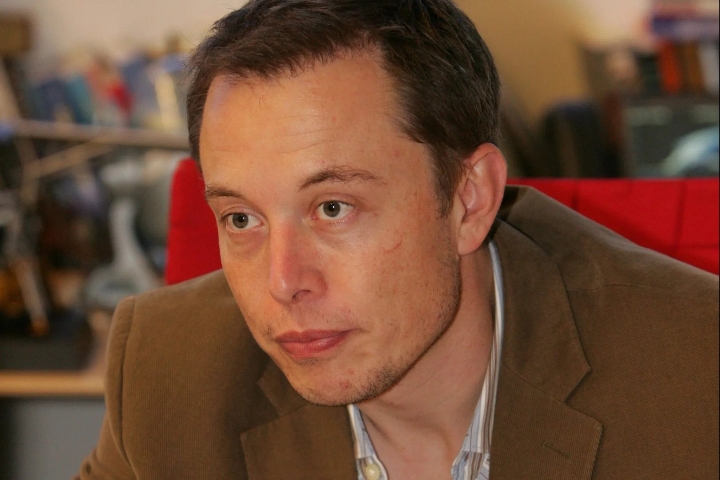


/entrackr/media/post_attachments/wp-content/uploads/2021/08/Accel-1.jpg)

















